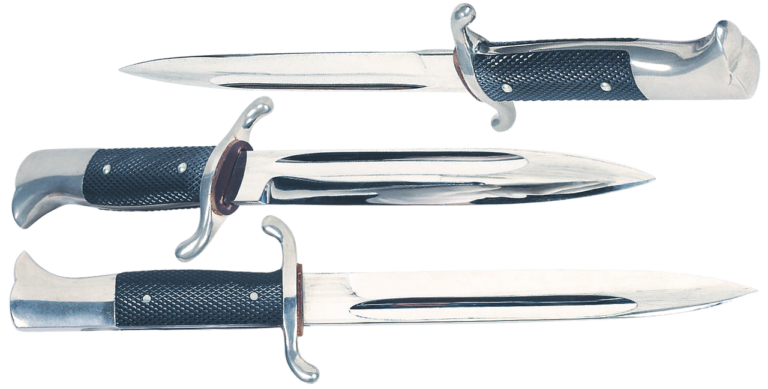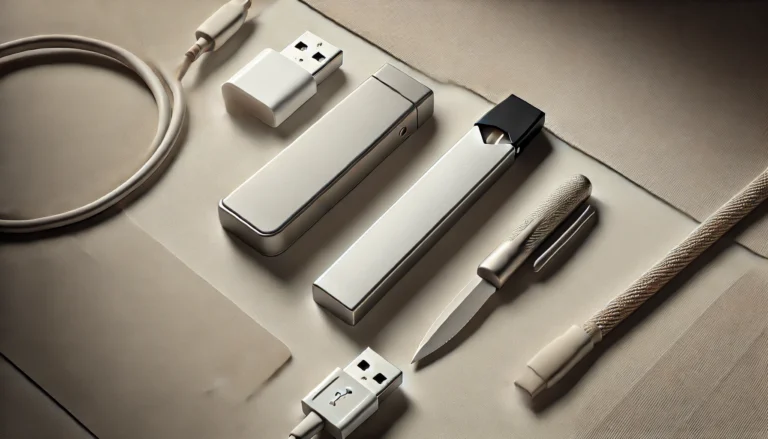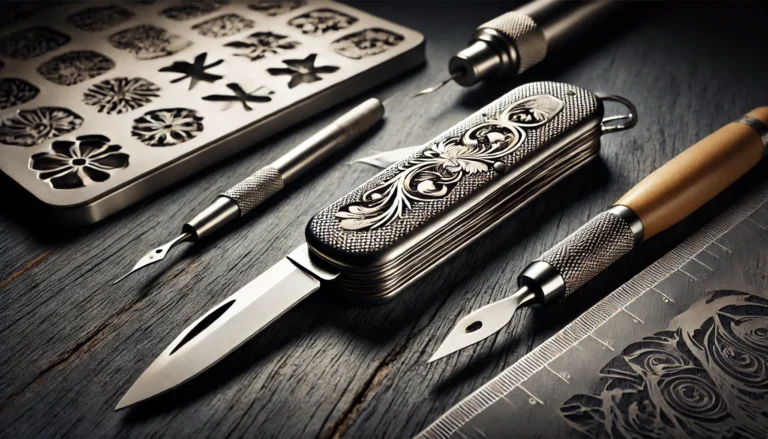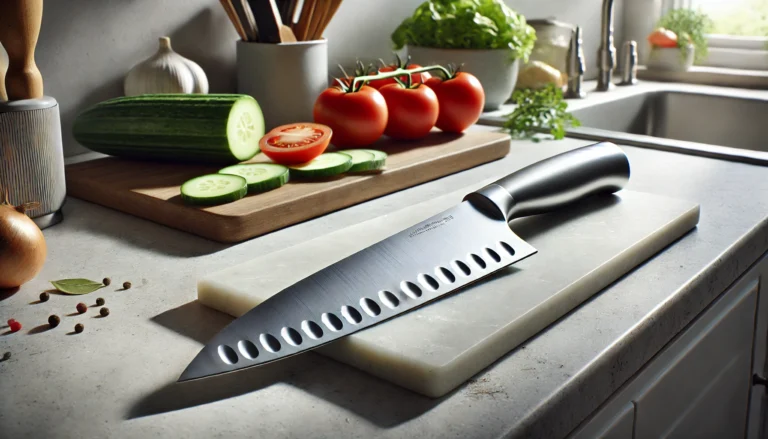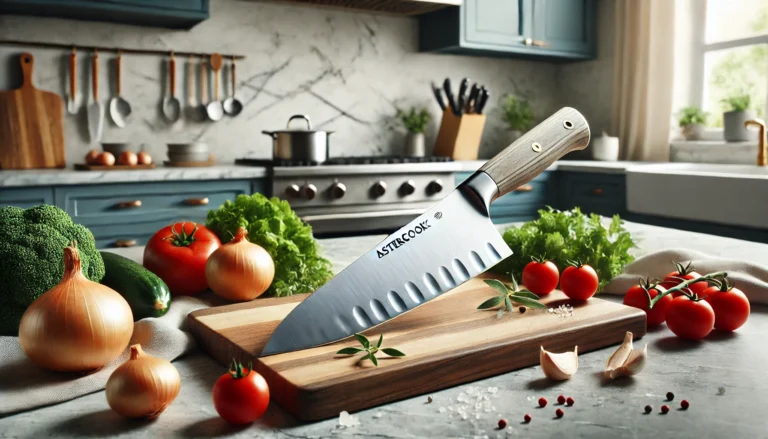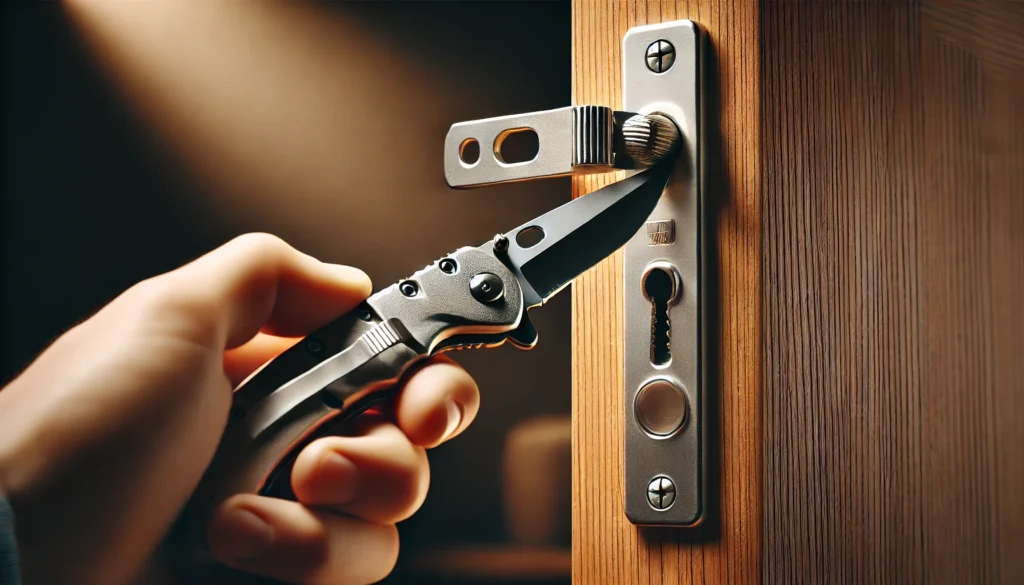
Ever locked yourself out? It’s a common mishap that can turn your whole day upside down. Today, we’re exploring an unconventional yet handy skill—how to unlock a door with a knife. Whether you’re a homeowner, a DIY enthusiast, or someone keen on home security, this guide offers insights and steps to tackle those unexpected lockouts smoothly.
How to Unlock A Door With A Knife? (Short Answer)
First, find a knife with a thin, flat blade. Insert the blade between the door and the frame where the latch is located. Wiggle the knife gently while pushing it towards the latch. Keep moving the knife until you feel the latch move. Once the latch is released, push the door open.
Unusual Solutions for Common Problems
Getting locked out isn’t just inconvenient; it’s stressful. While calling a locksmith is the standard route, what if you could solve the issue quickly and cost-effectively? Here, we’re looking at using a knife—a tool you probably already have.
Assessing the Situation
First things first, not all doors or locks are the same. Before attempting anything, assess the type of door and lock you’re dealing with. Some locks are more complex and might not be suitable for this method.
When to Use This Method
Understanding when this method is applicable is crucial. This technique is helpful for simple locks, such as interior doors or older models. High-security locks or electronic systems won’t succumb to a knife.
Safety Precautions
It’s essential to prioritize safety. Use a sturdy but not too sharp knife to avoid injuries. Also, remember that using this method on someone else’s property without permission is illegal and unethical.
Types of Knives That Work
Choosing the right knife is half the battle. Here’s what you need to know:
Butter Knives
Butter knives are typically the safest option. Their blunt edges reduce the risk of injury while remaining adequate for the task.
Pocket Knives
A pocket knife can also be a good choice due to its sturdiness, but be extra cautious with its sharp edges.
Steak Knives
Steak knives are generally too sharp and dangerous for this task. They should be avoided unless you’re experienced and very careful.
Step-by-Step Guide
Now, let’s get into the nitty-gritty of how to unlock a door with a knife. Follow these steps carefully for the best results.
Insert the Knife
Gently insert the knife between the door frame and the latch. The goal is to push the latch back into the door, allowing it to open.
Wiggle and Maneuver
Wiggle the knife around while applying slight pressure. This helps in finding the right angle to push the latch back.
Apply Pressure
Once you feel the latch giving way, apply more consistent pressure. Be patient; it might take a few tries.
Open the Door
When the latch fully retracts, the door should open easily. Congratulations—you’ve just unlocked a door with a knife!
Troubleshooting Common Issues
Sometimes, things go differently than planned. Here are some common problems and how to solve them.
Knife Won’t Fit
If the knife doesn’t fit between the door frame and the latch, the gap might be tighter. In such cases, a thinner knife or metal tool can be more effective.
Latch Won’t Budge
If the latch seems stuck, it might be rust or misalignment. Applying a bit of lubrication like WD-40 can help ease the process.
Persistent Lock Issues
If all else fails, you might have to deal with a more complex lock mechanism. At this point, it is advisable to call a professional locksmith.
Benefits of Knowing This Trick
While this trick is unconventional, it can be surprisingly practical. Here’s why:
Cost-Efficient
Avoiding a locksmith can save you a significant amount of money. This DIY approach is budget-friendly.
Quick Solution
In an emergency, time is of the essence. This method offers a quick fix to a potentially stressful situation.
Skill Development
Learning to think outside the box and solve problems creatively is valuable. This trick is a testament to that.
Ethical Considerations
While this skill is valuable, it’s essential to consider the ethical implications.
Personal Use Only
This trick should only be used in personal emergencies. Unlocking someone else’s property with it is illegal and unethical.
Legal Repercussions
Be aware that unauthorized entry can lead to legal consequences. Use this knowledge responsibly.
Enhancing Home Security
Knowing how to unlock a door with a knife also highlights potential vulnerabilities in your home security.
Upgrade Your Locks
If you can easily unlock your door with a knife, a potential intruder can, too. Consider upgrading to more secure lock systems.
Regular Maintenance
Regularly inspect and maintain your locks to ensure they remain secure and functional.
Additional Security Measures
Adding security features like deadbolts and smart locks can provide an extra layer of protection.
Alternatives to the Knife Method
While the knife trick is handy, there are other methods to consider.
Hairpin
A hairpin can be another helpful tool for simple locks. It requires more skill but can be equally effective.
Credit Card
Another popular method for unlocking simple locks is using a credit card. It works similarly to the knife method but requires a bit more finesse.
Professional Tools
Investing in professional lock-picking tools can be worthwhile if you frequently encounter lockouts. These tools are designed specifically for this purpose and can be more effective.
Conclusion:
Unlocking a door with a knife is a practical skill that can save time and money in emergencies. However, it’s crucial to understand the limitations and ethical considerations. By following this guide, you can tackle minor lock mishaps effectively while enhancing your home security awareness. Remember, always use this knowledge responsibly. So keep a knife nearby for those just-in-case situations and continue to hone your problem-solving skills.
FAQs
No, not all knives are suitable for this task. Butter knives, due to their blunt edges, are generally the safest and most effective option. Pocket knives can be used carefully, but sharp knives like steak knives should be avoided to reduce the risk of injury.
No, this method is mainly effective on simple locks, such as those found on interior doors or older models. It will not affect high-security locks or electronic locking systems.
Unlocking doors you have permission to access, like your home, is legal. Using this method to enter someone else’s property without permission is illegal and could lead to legal consequences.
If the latch does not move, it could be due to rust or a misalignment. To make the process easier, try applying a lubricant like WD-40. If the problem persists, you may need to call a professional locksmith.
To make your home more secure, consider upgrading to high-security locks and adding additional features like deadbolts and smart locks. Regular maintenance and inspections of your current locks can also ensure they work correctly and securely.


